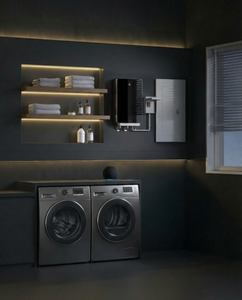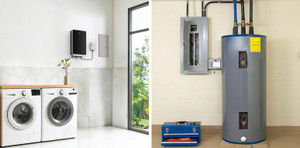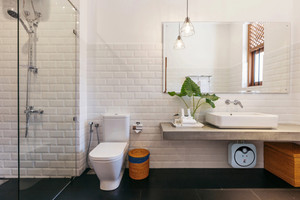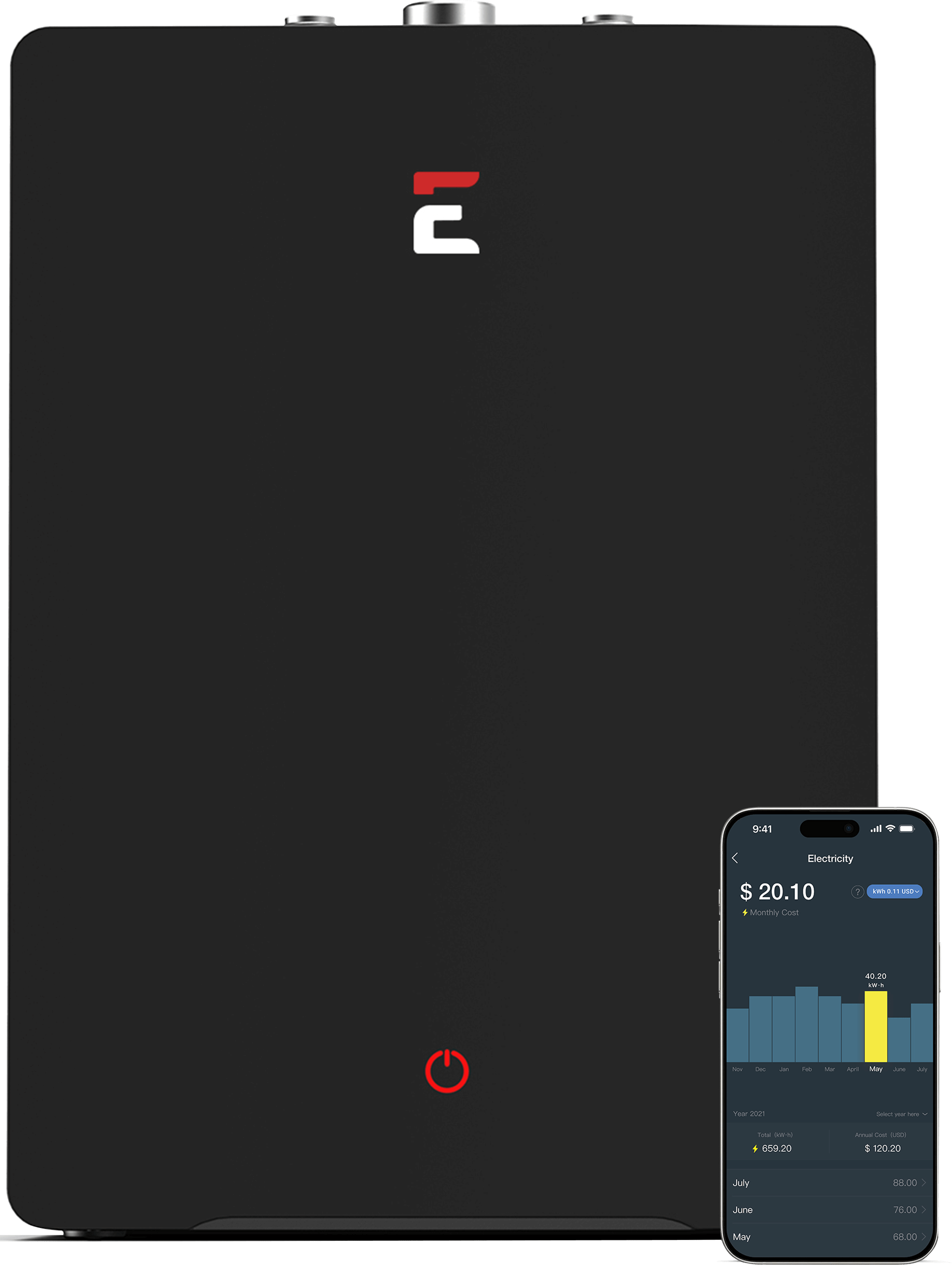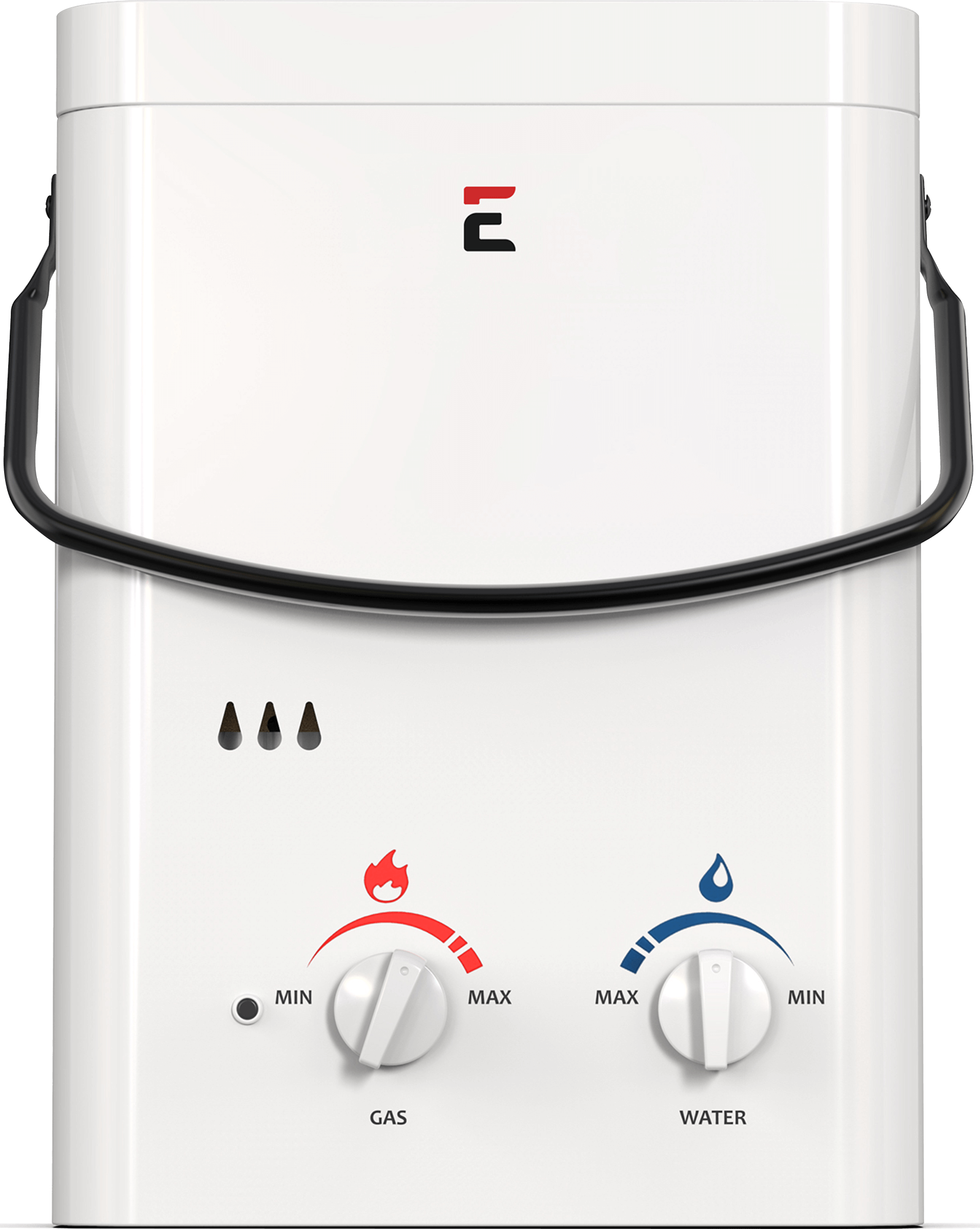How To Choose The Best Water Heater For Your Home
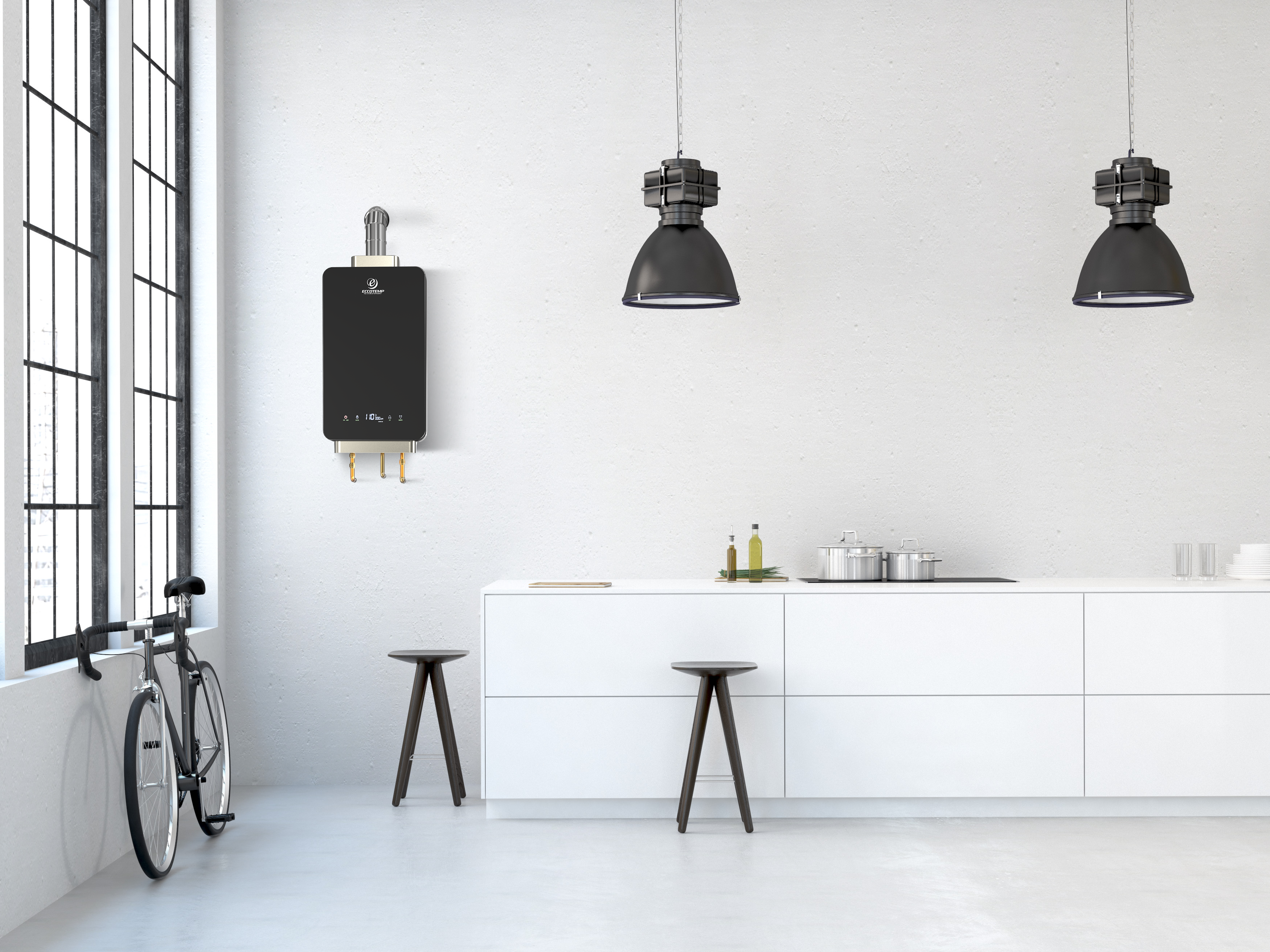
When considering the best water heater for your home, choose a system that will provide enough hot water in a smart, energy efficient way. This will help save money in the long run and also last much longer than older, more conventional models.
Today's water heaters usually report their efficiency in terms of the energy factor (EF). The higher the EF, the more efficient the water heater. Keep this in mind when purchasing a new water heater for your home, and if it meets certain criteria, you can even qualify for a federal tax rebate that can help you save big bucks.
CURRENT TRENDS
- Tankless water heaters. The beauty of a tankless water heater -- otherwise known as an instant water heater -- is that it heats water only when you need it, it never runs out of hot water and needs little space to function. Normally set at 125 degrees Fahrenheit -- although the temperature can be changed according to your needs -- the water heater heats water as it flows through, instead of sitting dormant waiting to be used. Depending on your hot water consumption, you can save 40 to 50 percent off your water heating bill.
- Solar water heating. Using the sun's heat to provide hot water is the most natural method for heating your home's water. Because they can be used in any climate, solar heaters are a popular choice for any location. There are two solar options to choose from: active, which have circulating pumps and controls, and passive, which don't. Active can be more expensive but -- in turn -- more efficient. Passive might not be as efficient as its counterpart, but can last longer and tend to be more reliable.
BIGGEST MISTAKE
It's important to remember that when shopping for a high efficiency water heater, your annual savings really depends on family size, heater location, and the size and placement of water pipes. According to appraisal expert, Leslie Sellers, president of the Appraisal Institute, "under sizing or oversizing your water heater needs can be a mistake that could cost you in the end."
Mistakes can happen when a homeowner does not purchase the correct water heater for their particular needs. With many different variations of water heaters out there, such as storage, demand, heat pump and solar, finding the one that works best for your home requires you to do your homework and talk to a professional. Just choosing what looks and sounds good could actually end up backfiring on your plans to save money in the long run.
EXPERT TIPS
- On a Budget: Newer conventional models may not be as efficient as the tankless and solar options -- with standby losses a given because energy is used to keep water hot at all times -- but thanks to the Energy Star program, there are affordable conventional water heaters that are also energy efficient.
Benefits for those on a budget are that water is hot and ready for use at all times in insulated storage tanks that can hold anywhere from 20 to 80 gallons. There are also many fuel options available such as: electricity, natural gas, oil and propane.
- Mid-Range: Tankless and heat pump water heaters can be found on almost any mid-range to high-end budget. Tankless models circulate water through a large coil and heat only on demand using gas or electricity. Heat pump water heaters move heat from one place to another instead of generating heat directly for providing hot water. Because of this, heat pump water heaters can be two to three times more energy efficient than conventional models. To move the heat, heat pumps work like a refrigerator in reverse.
- High-End: While the initial purchase of a solar water heater is high, the overall savings by using the sun's natural energy can reduce operating costs up to 90 percent. Just remember that a backup conventional water heater is needed to ensure hot water is available when solar energy is not. "Homeowners can tend to forget that solar and instant water heaters still need a reserve heater just in case," says Sellers. Many times these backup systems will already be included in the solar water heater package.
*This Article Was Contributed by HGTV and edited by Eccotemp Systems.
 Weekly Deals
Weekly Deals
 Water Heaters
Water Heaters
 Accessories
Accessories
 Installation
Installation
 Parts
Parts
 Protection Plans
Protection Plans




